5 Children in South America Share What They’re Thankful For
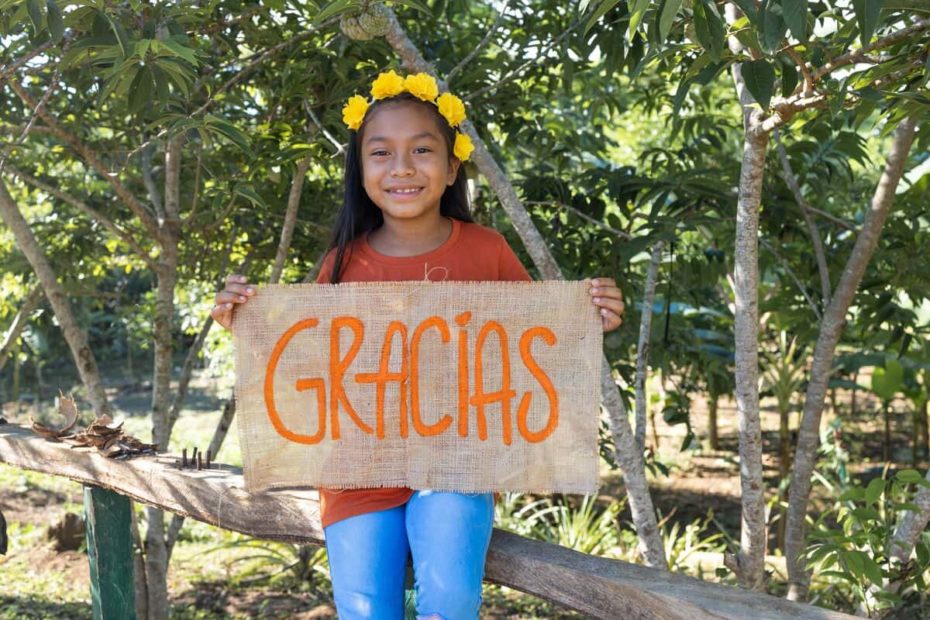
It’s always so touching to hear what children in poverty feel thankful for. They live with less than most people, but their gratitude overflows. It helps put things in perspective and reminds us to give praise in all circumstances!
Continue Reading ›Facts About Peru: The Land of the Incas
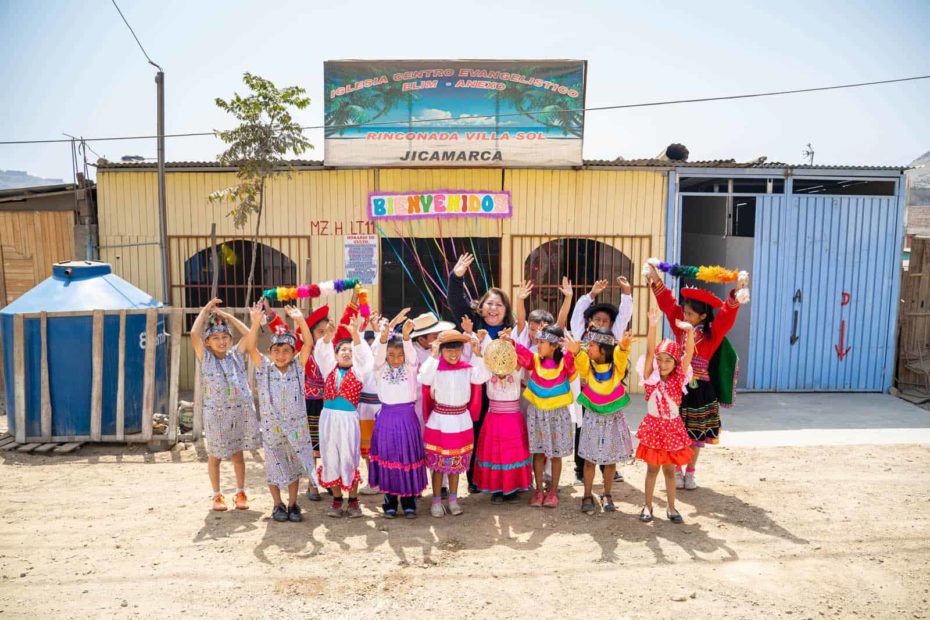
Peru is a fascinating country found in South America. We’d love to share with you some interesting facts about Peru – the home of over 80,000 Compassion-assisted children. Come travel with us to the land of the ancient Incas and experience its rich cultures and traditions!
Continue Reading ›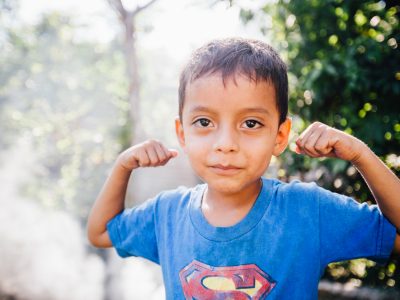
Inspiring Stories of Bravery and Courage
“It is easy to get discouraged in a world full of evil, murders and lack of opportunity. It is easy to take our eyes off God and see our weakness and limitations. But with God, there are no limitations.” These are the wise words of 17-year-old Compassion student, Meryl. She’s our inspiration for these curated stories of courage and bravery from around the world.
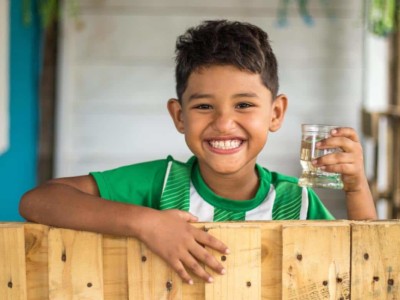
Kids Around the World: Where I Get My Water
Find out where these 13 kids from around the world get their water in these beautiful photographs that show the need for more accessible safe water.
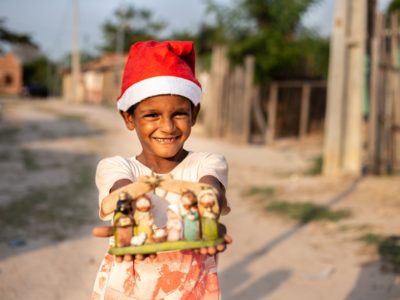
4 Reasons This Could Be the Best Christmas Ever
Did you know that churches around the world are already starting to prepare for Christmas? Our church partners take this opportunity to bring joy and share Jesus’ love with the children in their care very seriously. You will be inspired by these four ways that this could be the best Christmas ever for children around the world.
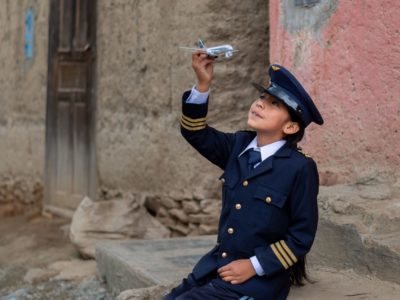
Shooting for the Moon: 6 Kids in Poverty Share Their Dreams
We asked sponsored children in South America what they want to be when they grow up. We love their adorable photos and quotes — showing just how much hope these kids have!
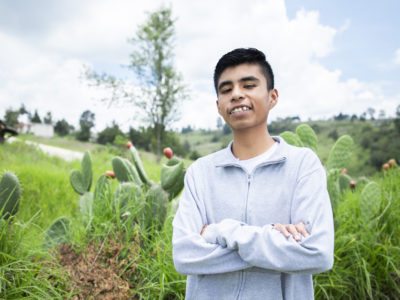
Youths Share Why Letters Are So Meaningful
As sponsors, we don’t always know what impact our letters have on the children we sponsor. So we asked photojournalists to interview young people about how their sponsors’ letters have been meaningful in their lives. Here is what they had to say. Be inspired by the opportunity you have to lift up, love and motivate children and youths in extreme poverty!
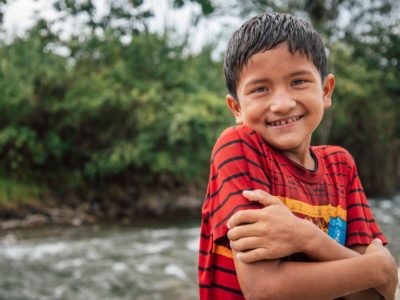
A Day in the Life of a Boy in the Amazon Jungle
Have you ever wondered what daily life is like in the Amazon jungle? In South America, Compassion serves children who live in the Amazon basin, from Bolivia to Ecuador to Peru. Take a peek into what it’s like for sponsored children who live in the jungle of South America by following a day in the life of 8-year-old Enán in Peru.
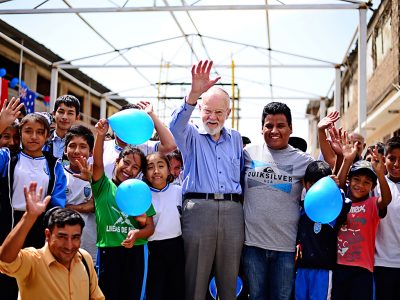
An Amazing Meeting That Was 14 Years in the Making
Andrews had been holding onto a prayer in his heart since he was 6 years old. He asked God to make a way for him to meet the friend who had shown so much love to him and his family. Fourteen years later, his prayer was unexpectedly and spectacularly answered.

Daring to Overcome Poverty to Become National Champion
Carmen became the 2017 National Junior Champion in Rhythmic Gymnastics, proving that poverty is not an obstacle to reach her dreams.
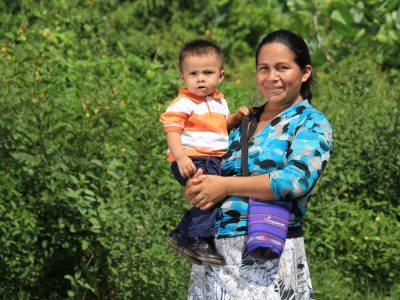
Help Support Mompreneurs in Poverty This Giving Tuesday
Through life-skills training and microloans, mothers in the Child Survival program are learning that poverty is not their destiny. Meet some of the mompreneurs using their God-given potential and capacity to build a strong future for their children.
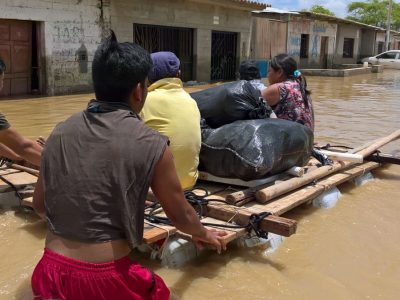
Flooding in Peru: I Never Lost My Hope
“I was very scared because the water grew very fast. I took nine children with me and their moms. We don’t know how to swim, so we climbed on the roofs, saving our children first. It was a desperate moment because the help didn’t arrive and our children were crying. But I never lost my hope because my Almighty God is faithful and I knew He would come to rescue us,” says Compassion tutor, Noemi.


